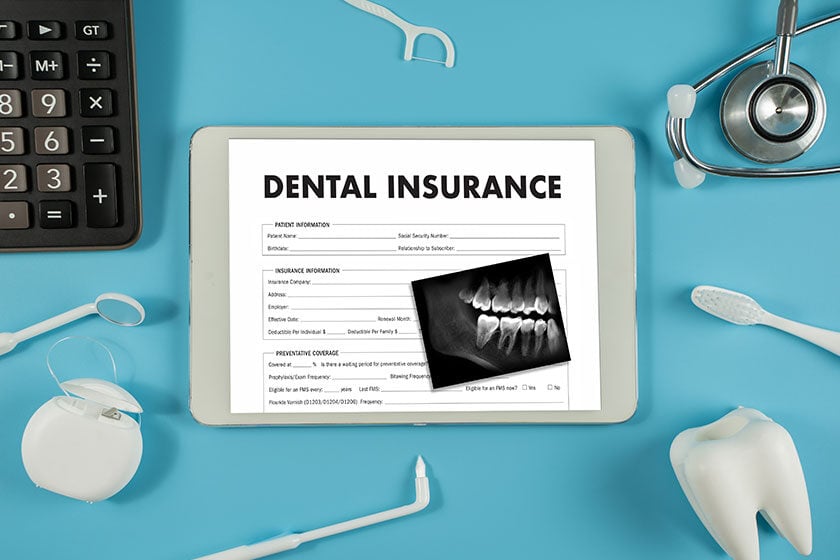A Guide To Dental Insurance For Seniors

Maintaining good oral health becomes more vital and often more difficult as we age. Costs for dental services can increase just when many seniors see their regular incomes decline due to retirement. Thankfully, there are options available, including dental insurance for seniors, which are specially tailored to meet the needs of older adults.
Understanding the Importance of Dental Health in Older Age
Oral health is crucial at any age, but for seniors, it's particularly vital. Issues such as gum disease, tooth decay, and other dental problems can significantly impact overall health and quality of life. Poor dental health in seniors has been linked to various serious health conditions, including heart disease and diabetes. Thus, securing dental insurance is not just about maintaining a healthy smile; it's about protecting your overall health.
Types of Dental Insurance Plans for Seniors
Seniors looking for dental coverage can choose from several types of plans. Here’s a brief overview:
- Medicare Advantage Plans: Although traditional Medicare does not cover most dental care, many Medicare Advantage Plans (Part C) include dental benefits. Private insurance companies approved by Medicare offer these plans and can cover services like cleanings, x-rays, and even more extensive procedures.
- Private Dental Insurance: Private dental plans can offer extensive coverage. These plans vary widely in terms of deductibles, premiums, and covered services, so it’s important to compare different options. Some might cover preventive care fully but require copayments for other services.
- Dental Discount Plans: While not insurance per se, dental discount plans can also be a viable option for seniors. These plans work by providing a discount on dental services from certain providers in exchange for a monthly or annual fee.
Choosing the Right Dental Insurance Plan
Selecting the right dental insurance involves several considerations to ensure that it matches your specific needs. Here are some factors to keep in mind:
- Coverage Details: Look at what procedures are covered under the plan, especially if you anticipate needing specific treatments.
- Premiums and Deductibles: Weigh the cost of premiums against potential out-of-pocket expenses to find a balance that works with your budget.
- Network of Dentists: Some plans require you to visit dentists within a specific network. Make sure there are eligible providers near you.
- Limitations and Exclusions: Understand any limitations on how often you can receive care and what procedures are excluded.
Tips for Managing Dental Care Costs Without Insurance
If you find that dental insurance is not feasible, there are still ways to manage dental care costs effectively:
- Seek out Senior Discounts: Some dentists offer reduced rates for older adults.
- Consider Dental Schools: Dental students need to practice, and accredited dental schools often offer care at significantly reduced prices.
- Community Health Centers: These centers sometimes provide dental care at lower costs based on your income.
Choosing dental insurance or finding alternative ways to manage dental care costs as a senior can be daunting, but it’s vital for maintaining both oral and overall health. By understanding your options and assessing your needs, you can find a solution that keeps your smile bright without straining your finances. Remember, investing in your dental health is a key part of aging gracefully and healthily.
At our retirement community, we understand the importance of comprehensive healthcare, including dental health. We coordinate scheduled doctors' appointments and provide transportation to ensure that managing your dental care is as convenient as possible.
If you're looking for a supportive community that helps simplify your healthcare management, contact us today and learn more about how we can assist you.
